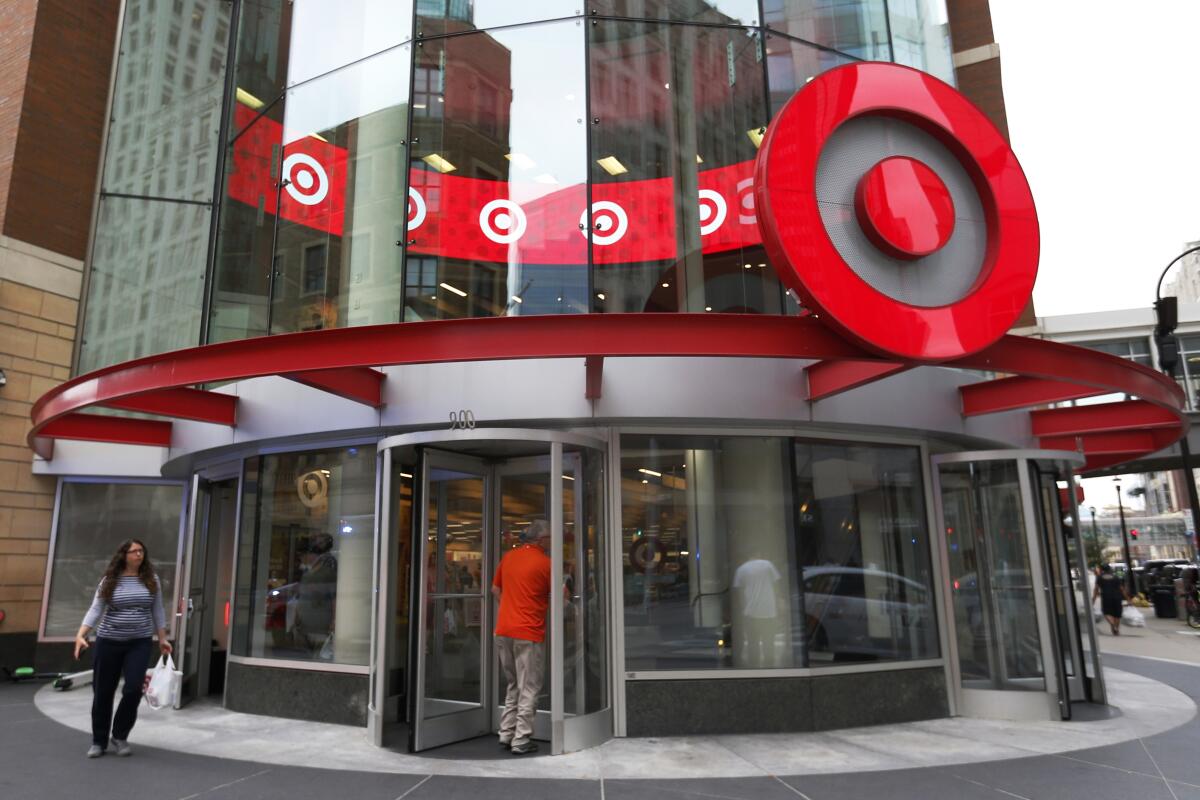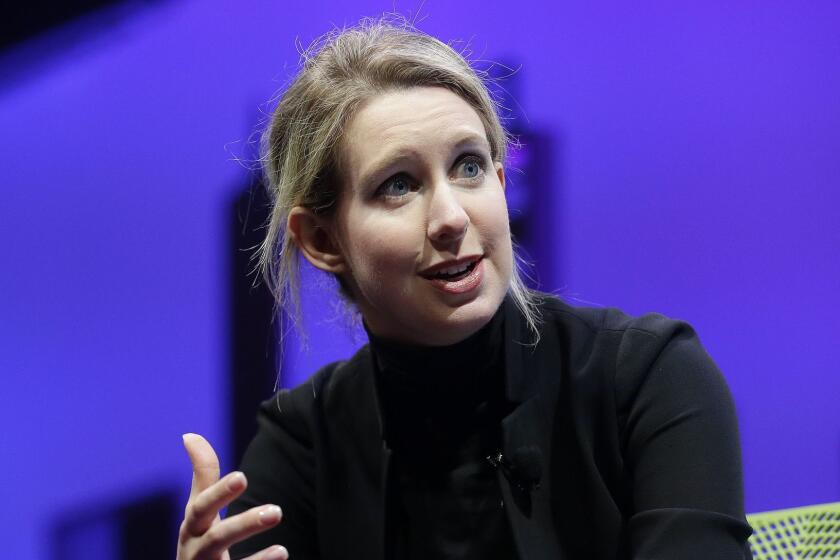Ozy to shut down after advertisers flee embattled media startup

- Share via
Embattled media startup Ozy Media Inc. will shut down following an exodus of advertisers, claims that it inflated its online-traffic numbers and a scandal involving its co-founder posing as a YouTube executive.
“At Ozy, we have been blessed with a remarkable team of dedicated staff,” the board said in a statement Friday. “Many of them are world-class journalists and experienced professionals to whom we owe tremendous gratitude, and who are wonderful colleagues. It is therefore with the heaviest of hearts that we must announce today that we are closing Ozy’s doors.”
Ozy, which billed itself as a “modern media company,” has been in turmoil since the New York Times reported this week that co-founder Samir Rao impersonated a YouTube executive on a conference call with potential investors.
The fallout was swift. Before the announcement that it was shutting down, Chief Executive Carlos Watson resigned from the board of NPR. On Thursday, Marc Lasry, head of the investment firm Avenue Capital Group and co-owner of the Milwaukee Bucks, stepped down as an Ozy director.
Ozy also suspended Rao, who served as chief operating officer, and hired the law firm of Paul, Weiss, Rifkind, Wharton & Garrison to review its business activities. One early Ozy investor, SV Angel, led by venture capitalist Ron Conway, told the company it no longer wants the stock it acquired, according to Axios.
Embattled blood testing firm Theranos Inc. reportedly has laid off at least 100 employees, a move that reduces its headcount to two dozen or fewer.
Earlier, Ally Financial Inc. became the latest advertiser to cut ties with Ozy. “In light of recent developments, we have decided to pause our advertising with Ozy Media,” an Ally spokesperson said Friday.
Many other big-name companies had already abandoned the startup. Ford Motor Co., Airbnb, Goldman Sachs and Target Corp. all stopped their campaigns with the media company, the Wall Street Journal reported Thursday.
Ally and Ozy collaborated last year on a series of stories about how Black leaders are “taking care of their mind, body and soul — in addition to the bottom line.”
The beleaguered startup also has faced multiple legal challenges over its alleged failure to pay its bills, including a claim from a firm it hired to boost its online audience. In 2017, BuzzFeed News reported that Ozy and other websites bought internet traffic that wasn’t being viewed by real people. A recent New York Times article also raised doubts about Ozy’s claims about its online readership.







